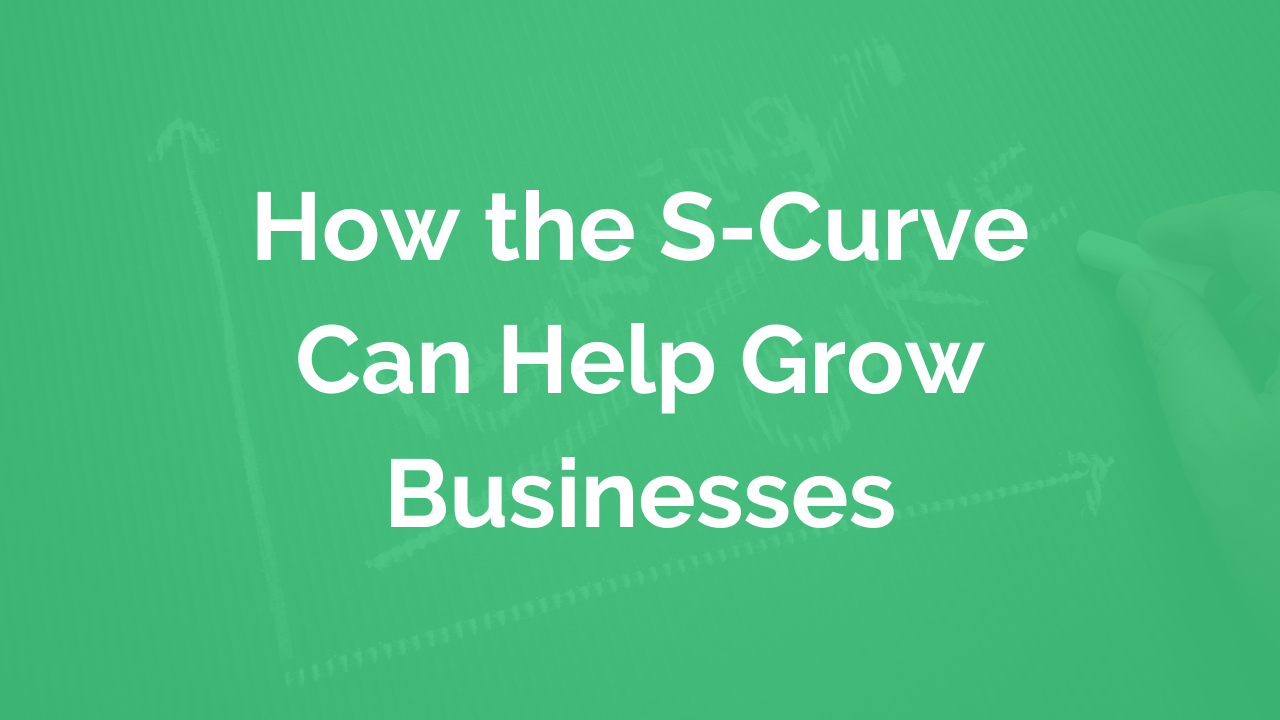The phrase, The Great Resignation, cited by the professor of business administration at Texas A&M University, Anthony Klotz, addressed the shift in the workforce when employees began speaking out about what they wanted and needed from their employment following the pandemic. For all the names it has been called, The Great Reset, The Great Realisation, and the Great Resignation, it has undoubtedly changed the workplace. Some requests, such as higher wages and more work/life balance, were no surprise. But other items employees began requesting have the potential to change, even the definitions of employee, roles, and skills.
Read MoreEmployee burnout is a major issue within HR and business and its impact continues to grow. On average, 76% of employees report a feeling of work stress and burnout at some time during their employment. Employee burnout costs companies billions annually due to high turnover rates and health care costs. When an employee experiences burnout, companies suffer. That's why taking measures to prevent employee burnout through creating a positive employee experience is not only a smart step but is a strategic step that data can back.
Read MoreHR practitioners at all levels wear many hats in the context of initiating a digital transformation of the workplace; they are the first users of the technology within the organisation and are data-driven researchers of new technologies that enable the People strategy. They are the storytellers to the decision makers, motivating them to invest in the tech. And they are the champions of change, educating and encouraging the employees to adopt the new systems, thus impacting the employee experience.
Read MoreIt is challenging to bring staff back after a long stretch of remote work. And it is not necessarily the most popular thing to do. Just look at the news backlash when Elon Musk and Goldman Sachs requested that their employees return to the office. So, it is essential to take the proper steps with return-to-work programs before sending out that mass email telling everyone in the organisation that they will be commuting back to the office and returning to their workstations within the week.
Read MoreOne of the biggest and best resources a company has with the most significant influence over whether they succeed in their industry or fail are the people hired to work in the business. A company with people who are not engaged and do not see a future with the organisation or even their department are likely to see losses. But for, companies that strive for greater growth but also offer continued opportunities for development within the organisation for their employees will discover they experience larger profit and remain competitive in a tight labour market.
Read MoreSince the pandemic to our current state of concerns on economic growth, the fires HR are called to put out have become more taxing and intricate. They need everything in their toolbelt to help them be a service to the employees and provide real value to business leaders. Applying data to the many pain points, HR professionals face in today's work environment gives them an edge over their competitors and delivers better results.
Read MoreCompanies face incredible challenges with labour shortages and skills gaps as they struggle to get work done. The traditional ways of filling open positions where HR professionals would post the job description and undergo the lengthy recruitment process to find qualified candidates are no longer effective. So, HR professionals and business leaders focus on a skills-based talent strategy to stay competitive in the tight talent marketplace.
Read MoreIn this article Jonathan Ferrar outlines a common challenge that is frequently experienced by People Analytics leaders - Identifying value in People Analytics Projects. Leveraging the Nine Dimensions in People Analytics Model to support many clients navigate this challenge has led Jonathan to identify seven questions that People Analytics leaders should be asking themselves to ensure they’re on the right path to success. He also provides access to short survey that will help you identify your current level of excellence in People Analytics.
Read MoreEmployees play a significant role in driving businesses forward. And why? Because it is your employees that are delivering customer support, producing products, overseeing operations, and coming up with innovative ways of doing business. So, when considering new means of enhancing trade and employee engagement, looking at employees' skills and talent development makes sense.
Read MoreIn today’s tight labour market, companies strive to stay competitive by improving their recruitment strategies, enhancing employee engagement, or expanding their diversity and inclusion. As difficult as these challenges are, some companies have found an edge over their competitors by including behavioural science insights when developing best Human Resources practices. It has been discovered that businesses see higher results from their efforts by understanding how behavioural science can assist in the company’s approach to everything from organisational culture to the employee experience.
Read More









